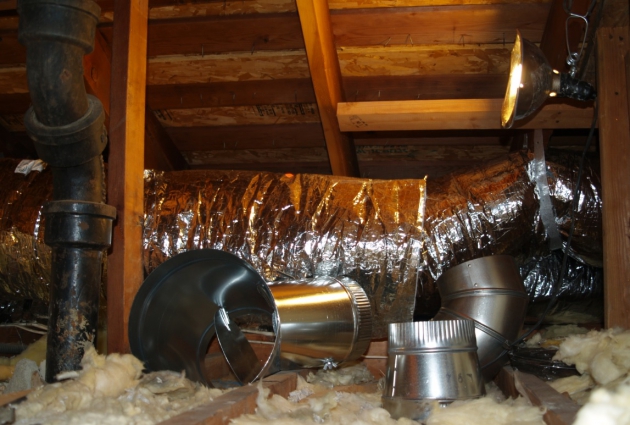Cleaning now the leading cause of Toronto transit bus delays amid coronavirus pandemic
Cleansing has turn into the major trigger of TTC bus delays all through the COVID-19 pandemic but the transit company insists that its determination to routinely disinfect its motor vehicles is not contributing to overcrowding.
operator similar issues
According to figures uploaded to the city’s open up facts portal, cleansing accounted for nearly 46 for every cent (7,499) of all bus delays among March and June of this yr. Mechanical problems were to blame for about 25 for each cent of all bus delays even though operator similar issues accounted for 18 per cent and security-related challenges accounted for six for every cent.
The info, which was to start with reported by the Toronto Star, raises the problem of regardless of whether the TTC should be frequently pulling buses from company to disinfect them, supplied the extremely lower hazard of contracting COVID-19 via surfaces.
But in an job interview with CP24 on Wednesday early morning TTC spokesperson Stuart Inexperienced reported that the details only supplies information about particular automobiles and in most scenarios the TTC is replacing buses that are pulled from their routes to go through cleaning with floating buses that are categorised as “run-as-directed” automobiles.
He mentioned that people buses aren’t most likely to exhibit up on the TTC’s many applications but should really or else assist make certain “that the consumer experience is the similar.”
buses out of services
“We are not having buses out of assistance and creating crowding or making routes busier, we’re having buses out of services mainly because the suggestions is that cleaning them frequently can help manage the distribute of COVID-19 and which is what we’re intrigued in carrying out,” he mentioned. “It is really much a balancing act but protection is of program paramount to all of this. So as I say if we see a route that is acquiring busier we are going to put added service out there and we most certainly would not choose a bus out of company if it’s heading to cause routes to get active or to induce crowding.”
The TTC began an enhanced cleaning plan of its cars in January 2020 and has committed to disinfecting buses, streetcars and subway vehicles numerous times a working day with a focus on higher touch surfaces, like railings and straps.
Even so, most epidemiologists now concur that the risk of contracting COVID-19 via surfaces is very low and that shut get in touch with with other people or an infection by way of aerosol spread in badly ventilated areas are the major contributors to the spread of the virus.
Talking with CP24, Eco-friendly explained that the TTC might consider curtailing its cleaning endeavours but only if its encouraged to do so by public health specialists.
In the interim, he stated that the TTC is constantly checking crowding ranges on its cars and will make confident that the frequent cleansing of motor vehicles does not exacerbate the difficulty.
“We have all been studying alongside the way, the science has modified alongside the way and now the proof of surface area-centered transmission is just not as solid as it may well have been at the starting (of the pandemic), so we will unquestionably glance at that (chopping back the cleanings),” he said, noting that a staff report with the most current suggestions from Toronto Public Wellness will be going to the TTC’s board in September.
The TTC has believed the charge of greater cleansing of motor vehicles at $25.8 million in 2022.





